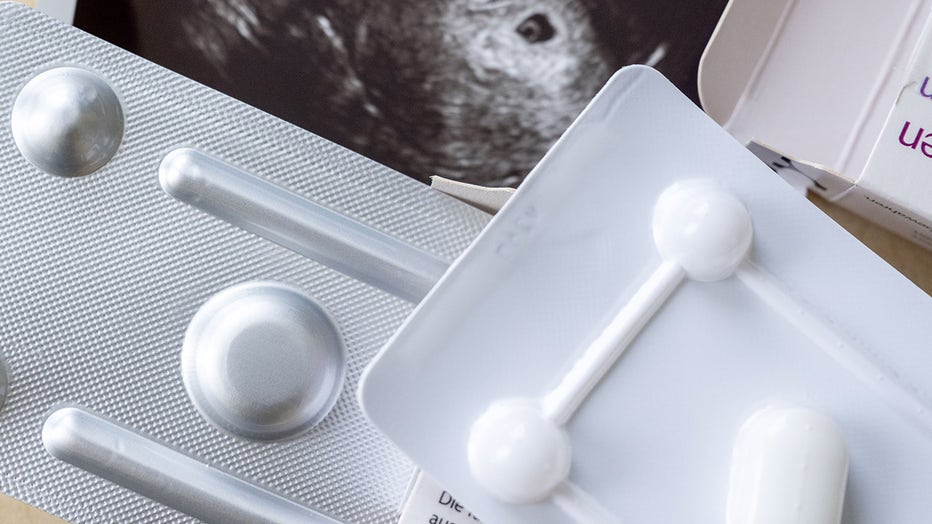Wyoming abortion laws, including explicit ban on pills to end pregnancy, struck down by judge

Abortion rights win in 7 states, lose in 3
Voters in Missouri cleared the way to undo one of the nation’s most restrictive abortion bans in one of seven victories for abortion rights advocates, while Florida, Nebraska and South Dakota defeated similar constitutional amendments, leaving bans in place Abortion rights amendments also passed in Arizona, Colorado, Maryland and Montana. Nevada voters also approved an amendment, but they’ll need to pass it again it 2026 for it to take effect. Madeline Summerville, attorney and political analyst, joined LiveNOW from FOX to discuss.
CHEYENNE, Wyo. - In a significant ruling on Monday, a judge overturned Wyoming's blanket ban on abortion and its first-in-the-nation explicit prohibition on the use of medication to terminate pregnancies.
Teton County District Judge Melissa Owens' decision aligns with Owens' previous orders, which have consistently held the contested laws in suspension as they were debated in court.
At the heart of the ruling, Owens determined that two key provisions violated women's rights as guaranteed by Wyoming's state constitution. One law, which bans abortion except in cases where the pregnant person's life is at risk or in instances of rape and incest, was found by Owens to infringe on constitutional protections. The other law, which made Wyoming the first state to explicitly outlaw the use of abortion pills, was also struck down. Although other states have enacted similar de facto bans on the medication by more broadly prohibiting abortion.
The laws were challenged in court by a coalition of four women, including two obstetricians and two nonprofit organizations. One of those groups, Wellspring Health Access, opened Wyoming’s first full-service abortion clinic in April 2023.

Medication to terminate a pregnancy can be seen in a gynecologist's office in front of an ultrasound image. (Credit: Hendrik Schmidt/picture alliance via Getty Images)
They argued that the bans stood to harm their health, well-being and livelihoods, claims disputed by attorneys for the state. The women and nonprofits also argued the bans violated a 2012 state constitutional amendment saying competent Wyoming residents have a right to make their own health care decisions, an argument Owens said had merit.
Wyoming voters approved the amendment amid fears of government overreach following approval of the federal Affordable Care Act and its initial requirements for people to have health insurance.
Attorneys for the state argued that health care, under the amendment, didn’t include abortion.
RELATED: Abortion laws by state
Both sides wanted Owens to rule on the lawsuit challenging the abortion bans rather than allow it to go to trial in the spring. A three-day bench trial before Owens was previously set, but won’t be necessary with this ruling.
This ruling came on the heels of the 2024 election when Abortion rights were on the ballot in 10 states, bringing more changes to the patchwork of abortion laws in the U.S. following the end of Roe v. Wade.
Abortion advocates prevailed on seven ballot measures in the Nov. 5 election and lost on three.
The losses are the first on abortion rights ballot measures anywhere in the U.S. since the Supreme Court overturned Roe v. Wade in 2022, proving that abortion opponents can win on ballot measures.
RELATED: US infant mortality rate rose after overturning of Roe v. Wade, study finds
There were firsts on the other side, too: Three amendments call for rolling back abortion bans, including one of the nation’s most restrictive laws in Missouri that bars it at all stages of pregnancy with exceptions only under limited circumstances to save the life of the woman.

